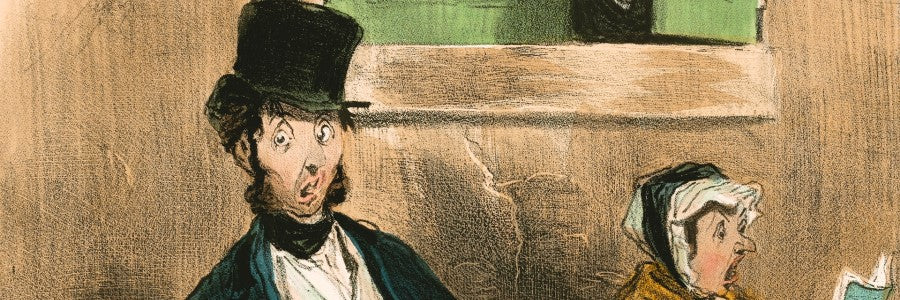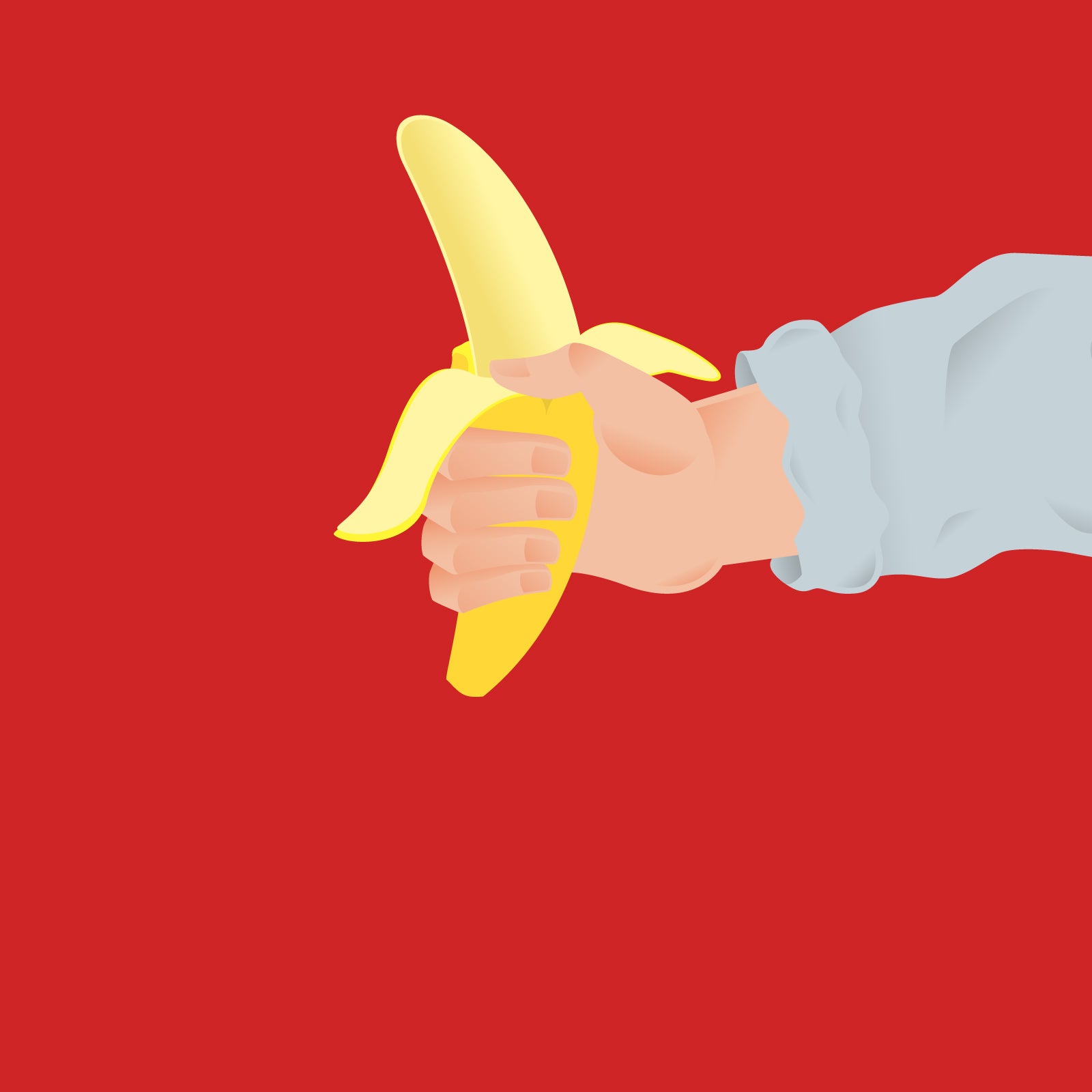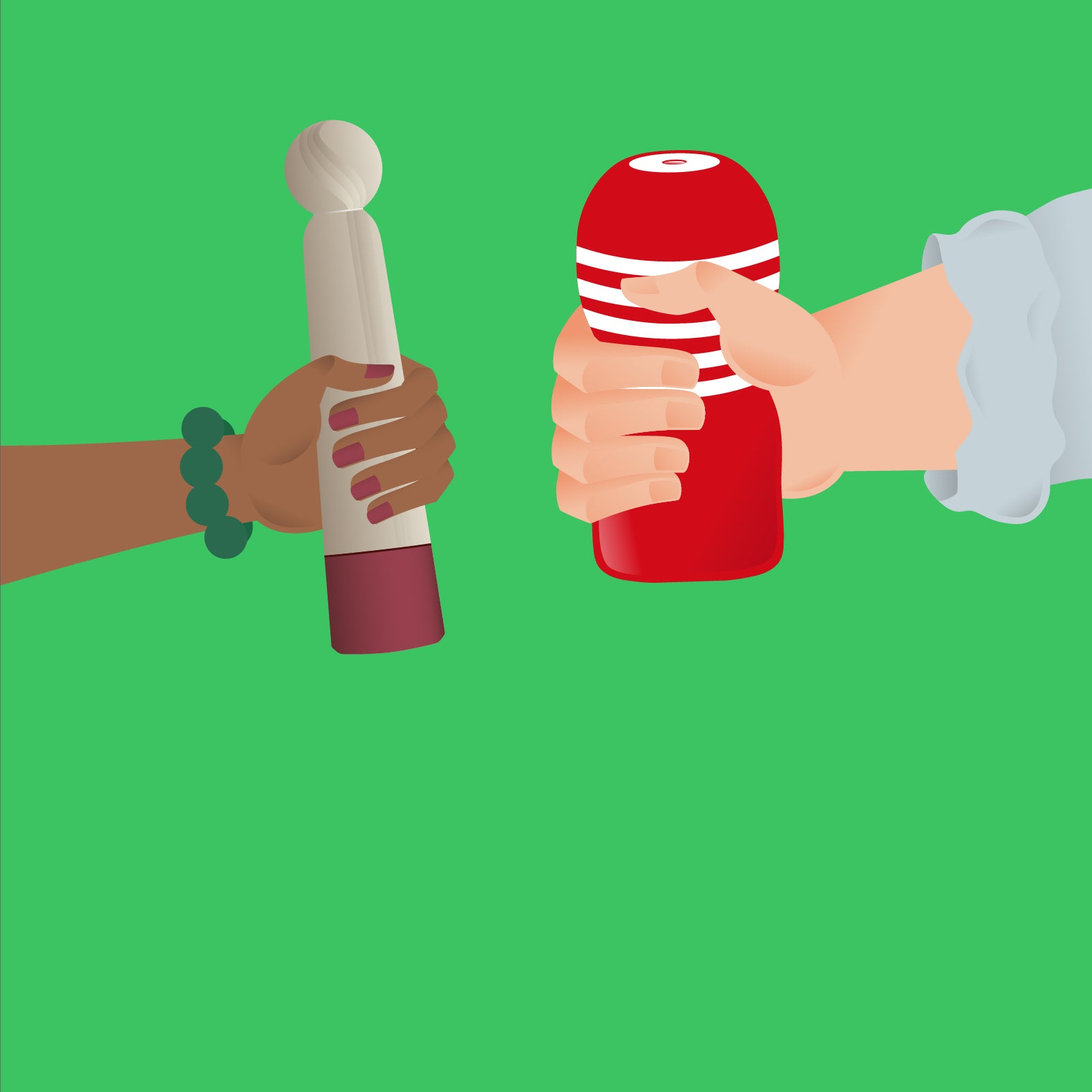
The Highs and Lows of Historical Masturbation
It is easy to take for granted some of the freedoms we enjoy today, including exercising our right to self-pleasure. However, historically it has been quite a struggle to preserve and protect those rights. Over the many years of our history there has been a cycle of ups and downs in how people have viewed masturbation and sexuality. While currently more and more of us understand how it can be a good and useful part of our lives, until recently it was a very taboo subject. But looking even further into our past, the topic of masturbation wasn’t always so guarded. Let’s take a look through history at the highs and lows of how masturbation has been viewed.
Contents
- Wank Like An Egyptian
- Putting the Fear of God in You
- Hey Doc, How About Some Cornflakes To Curb My Masturbation?
- The Sexual Revolution
- Summary
WANK LIKE AN EGYPTIAN
In order to understand the public portrayal of masturbation, it is important to understand the underlying history of how thoughts about masturbation changed depending on how it was viewed in society at the time, especially in religious and medical circles, two powerful sources of influence on our lives. Historically, masturbation was not always seen so negatively. As a matter of fact, in Ancient Egypt masturbation was a requirement for pharaohs. Sorry Bangles, it wasn’t “walking like an Egyptian” that was all the rage in Ancient Egypt, it was masturbating. Yes, to masturbate was to prosper. Ever since the first god, Atum ejaculated out the first twin gods, Tefnut the moisture goddess and Shu the god of air, all pharaohs were required to ejaculate into the Nile River, along with their subjects, to ensure abundance and great harvest. So much for masturbation making you homeless and destitute! A similar historical portrayal of masturbation can also be seen in the Sumerian culture.
PUTTING THE FEAR OF GOD IN YOU
Alas, we took quite a turn downward from there. Perhaps if we were still praying to Osiris, or some other Egyptian god, we would have held higher regard to all the mental and physical benefits of masturbation, and maybe masturbated for next season’s wheat harvest and to keep the locusts away. However, Judeo-Christian, as well as Muslim, beliefs prevailed and even the word of the Bible was interpreted to say that masturbation was a sin (Genesis 38:9-10). Onan, who refused to ejaculate into his dead brother’s wife and impregnate her in order to honor the family bloodline, “wasted” his seed, and will forever be known as the poster child of masturbation (onanism) – and was consequently slain by none other than God. Even the Talmud condemns masturbation as a waste of fertility.
Fortified with armies of rabbis, priests, and nuns over the centuries, the religious beliefs and rumors of masturbation spread not only through church doctrine, but throughout the education system, and the media. People who had religious ties dictating moral code, applied much pressure to TV and film producers to present a “wholesome and moral” view of the ideal lifestyle. And that included keeping your hands above the bed sheets, you sinful young man! We have a blog about more recent attitudes towards masturbation and the media, but next let’s talk a little about the history of medicine and how it viewed masturbation.
HEY DOC, HOW ABOUT SOME CORNFLAKES TO CURB MY MASTURBATION?
Throughout the 1700’s and 1800’s, there were doctors who vehemently attacked masturbation as a disease, not coincidentally influenced by church philosophy. Samuel-Auguste Tissot (a Calvinist Protestant neurologist, physician, professor and Vatican adviser) in his book, L’Onanism, argued that semen, when lost from the body in large amounts, would cause "a perceptible reduction of strength, of memory and even of reason; blurred vision, all the nervous disorders, all types of gout and rheumatism, weakening of the organs of generation, blood in the urine, disturbance of the appetite, headaches and a great number of other disorders." In other words, masturbate and you will go blind, go crazy and urinate blood, among other things. And that’s a “medical” point of view from one of the leading physicians from the 1750’s. Dr. Tissot’s medical philosophy originally came from the ancient Greek and Roman practice of Humorism, a time before they knew what germs were, or had X-rays and MRIs. Somehow, Dr. Tissot was under the impression that semen originated from the brain, and so losing large amounts of semen would eventually cause brain damage or insanity.
But what is the connection to cornflakes? That breakfast cereal you may have in your food pantry was originally created by Dr. John Harvey Kellogg, a sanitarium director from Battle Creek, Michigan. Dr. Kellogg, was convinced that sex was not only a sin (he even had separate bedrooms with his wife), but masturbation was a worse "disease". He was also convinced that the urge to masturbate was not only a mental issue, but also a physical problem which should be dealt with through a proper diet, namely bland cornflakes (the blander the better) that he fed to his sanitarium patients.
He had numerous arguments with his brother/business partner on the amount of sweetness their cornflakes should contain (Does that make Tony the Tiger evil?). In his book, Plain Facts for Old and Young, published in 1877, Dr. Kellogg had actually listed 39 different symptoms caused by masturbation including abnormal development, mood swings, bashfulness, boldness, bad posture, stiff joints, “fondness” for spicy foods, acne, palpitations, and epilepsy, among others. And Dr. Kellogg was not the only one who created foods to curb masturbation. Sylvester Graham, of graham cracker fame, also created this little bland snack as an attempt to curb his church congregation’s urges to masturbate. He would probably be turning in his grave if he knew about campfire s’mores!
So, as you can imagine, according to the religious and medical leaders of the time, “no masturbation” was the only way. If masturbation did exist, it was to be eradicated as if it were some disease. It seems that agonizingly preventing yourself from self-pleasure was the virtue at this time.
THE SEXUAL REVOLUTION

A revolution of sorts emerged in the 1960s, which was known as the Sexual Revolution. It was not only a significant shift in attitudes towards sexual conduct, but was as much a change in attitudes concerning sexuality. Some people equate this era to a time of wild sex, drugs, and rock and roll, but it was a growing movement perhaps stemming from the strict moral restrictions of the media and church doctrine at the time prior to the 1960’s that created this tipping point. It is a significant time in the history of self-pleasure as it gave way to freer thinking of how to express oneself, and their desires as an individual to address their right to pursue happiness. Books that were once banned, such as D.H. Lawrence’s Lady Chatterley's Lover and Henry Miller’s Tropic of Cancer were unbanned during this time and recognition of diversity of sexual practices and sexual identities began to arise.
However, while the Sexual Revolution brought to surface more of the choices we were intended to have, there are still factions and even certain countries that are opposed to such freedoms. There is always a possibility that some choices we have enjoyed can be reversed, even prohibited by law. In which case, here’s hoping you like your cornflakes as bland as they can be! It is up to all of us to decide and live in the way we see is fair and right so that this movement can continue in the right direction.
Summary

It is shocking to see history being altered due to attitudes of the time. Perhaps there was a time when the human population was scarce and our survival rates were low due to famine, disease, and war, and we needed many people producing as many children as possible so that sperm was more of a precious baby-making commodity not to be wasted. But thankfully those times have changed; reproduction is no longer the only key to our survival. Hopefully self-pleasure will be perceived as an inalienable right forever, however as we have seen throughout history, the unthinkable can be realized.
Let us hope values concerning self-pleasure and the act of feeling good remain. If enough people continue to practice the right to self-pleasure, we can ensure that this freedom we so thankfully and freely enjoy will be preserved for generations to come.








